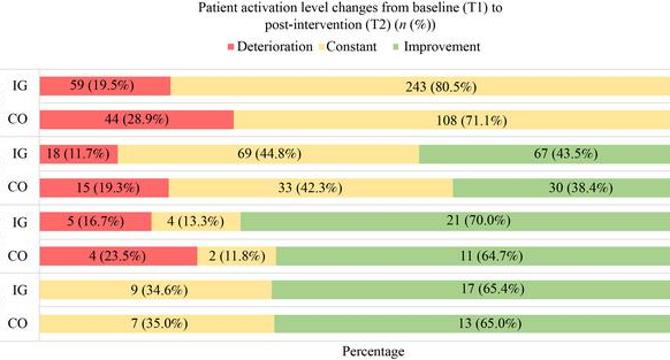Bioengineer
1M
338

Image Credit: Bioengineer
Boosting Patient Engagement: A Controlled Study on an Interprofessional Evidence-Based Counseling Program for Integrative Cancer Care
- The CCC-Integrativ study investigated an interprofessional evidence-based counseling program designed to enhance patient activation among cancer patients, thereby addressing the significant demand for supportive care methodologies.
- The intervention consisted of a comprehensive 10-month training for interprofessional teams, ensuring that the counseling sessions were tailored to the unique needs and preferences of each patient.
- Conducted in four University Hospital Comprehensive Cancer Centers in Germany, the study enrolled a total of 1,128 participants, reflecting a diverse cohort of cancer patients.
- Participants were divided into two groups: the intervention group, which received the tailored counseling sessions, and the control group, which followed standard healthcare practices.
- The results from the CCC-Integrativ study provide compelling evidence supporting the efficacy of integrative counseling approaches.
- Moreover, the analysis indicated that patients in the intervention group experienced reduced deterioration in activation levels compared to their control counterparts.
- The significance of this study resonates beyond mere statistical outcomes; it highlights the transformative power of interprofessional collaboration in healthcare delivery.
- Future studies must examine the scalability of such programs, assessing how similar interventions can be implemented in varied healthcare settings across different regions.
- As we advance into an era of personalized medicine, the integration of CIH within oncology presents a compelling opportunity for reimagining how care is delivered, ensuring that cancer patients are not only treated but engaged and empowered throughout their healthcare journeys.
- This paradigm shift in oncology emphasizes the essential role of patient activation as a key component of integrated cancer care, heralding a new era where patients are active participants in their treatment pathways.
Read Full Article
20 Likes
For uninterrupted reading, download the app